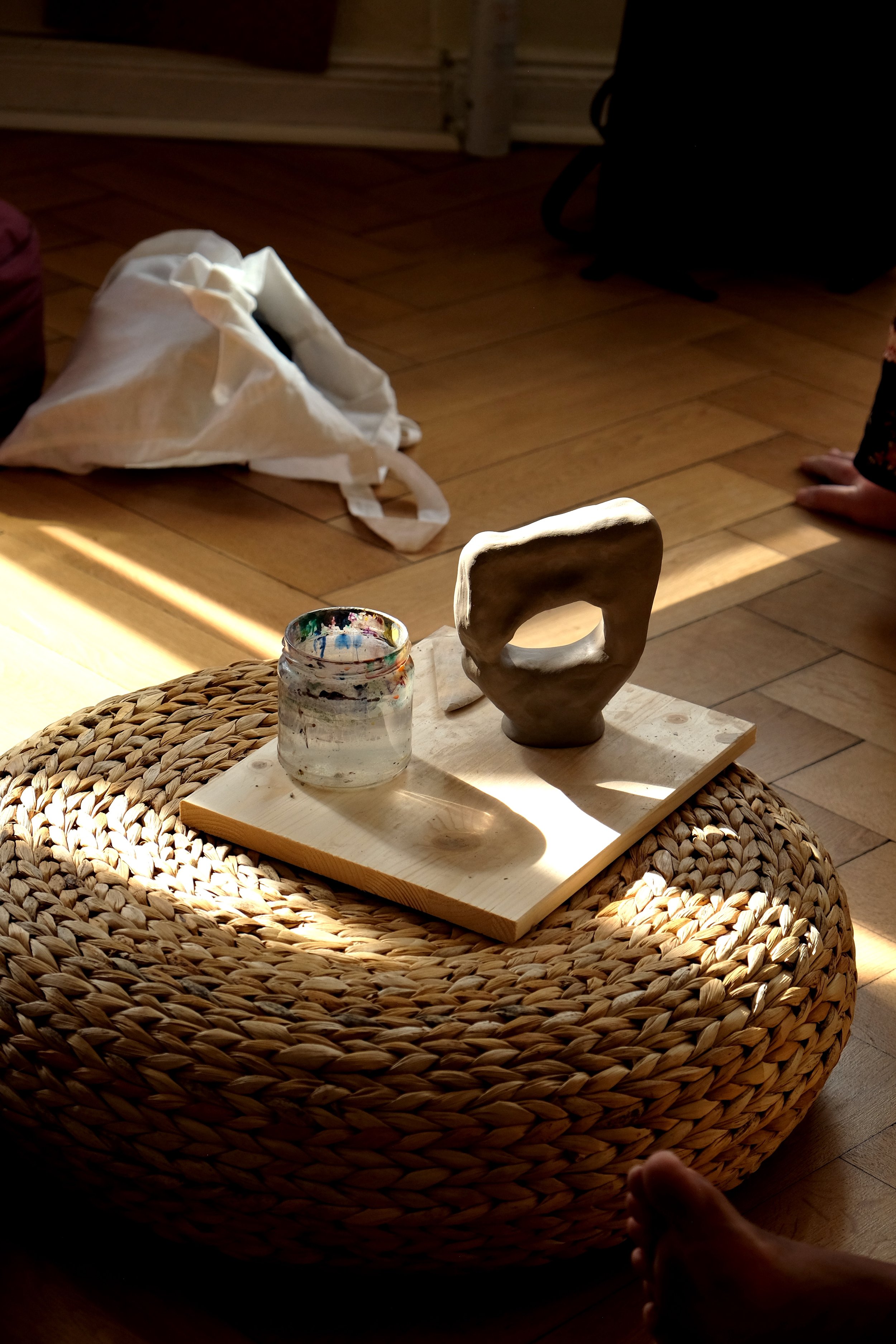Why Your Therapy Can Be Hard on Your Folks
Photo: ©Unsplash
Telling your parents about your therapy can be a relief. But it can also go the other way. Why they might not react the way you would need them to and how to protect yourself.
Content:
When they don't want to here about it
The way you talk about your feelings is a new phenomenon
You are not obliged to your parents approval
Your parents play a central role in your therapy
Guilt and shame
Your parents may try to hold it together
Change is inevitable
Give them time
Your path is your path
When they don't want to here about it
I remember the first time I told my dad that I was going to therapy and he laughed it off and told me, I didn’t need it. I tried to explain, that almost all my friends are in therapy and that this is quite normal in my generation but he didn’t want to hear more about it and I stopped mentioning it.
2. The way you talk about your feelings is a new phenomenon
Learning that your child is unwell and needs professional help can cause many emotions in a parent. Especially when they belong to a generation that didn’t sit down with their friends to talk about their feelings. Much of this is hard to comprehend for younger people but the way you talk to your friends or partners or therapists or even colleagues about how you feel is still a very new phenomenon. Although a lot of great achievements regarding anti-stigmatization of mental illness have been made, there is still a lot of prejudice about therapy, especially in older generations. Therapy is for the weak, the lazy, the undisciplined. This is the way our parents were raised.
Remember most of them were in one way or another connected to times of war, whether they've witnessed it themselves or were raised by parents who've experienced war. In times of war, being weak or undisciplined could've gotten you killed.
3. You are not obliged to your parents approval
If you are thinking about telling your parents that you are in therapy or if you have already done that and they didn’t take it so well, I want you to keep some things in mind. Your therapy is yours and yours only. You are not obliged to your parent’s permission, let alone their approval.
4. Your parents play a central role in your therapy
Parents are in a special situation when it comes to the therapy of their child. Not only do they worry about their children’s wellbeing – and yes, even a dismissive reaction is most likely a sign of concern rather than rejection – also do they know that they will play a central role in your therapy. It is your upbringing, the circumstances of your home and the role models that’ve been presented to you that made you the person you are now. And that built the basis of the conflicts you’re facing in the now.
No matter how grown you are, you will always be your parent’s child, and they will always care for you. Even if the way they care might not be the way you need them to care. The denial of your needs or reasons for therapy is just an adaptation to the fear for you.
Photo: ©Unsplash
5. Guilt and shame
Failing to raise a happy and content child can be associated with feelings of guilt. Many still view therapy as a pathway to happiness. So if a child needs therapy it means they are not happy, which then means the parents have failed. Guilt and shame are two very related emotions that often lead to downplaying, suppressing or ignorance. Making something not true by ignoring its existence can on a short term lower the inner conflict.
6. Your parents may try to hold it together
Other parents may show their worries a lot more directly by asking a lot of questions and pushing their involvement in your therapy. This attempt to stay in control can be a serious threat to the process and outcome of your therapy. Since it is supposed to be a space where you can freely articulate yourself and be in the center of the process, having your folk’s voices in the back of your head at all times can make it difficult to get to the core of your conflict. Although this way of showing concern seems to be a caring one it might not be in your best interest. By grabbing onto your therapy your parents may try to hold it together but they also hold you back, when really you should be growing. If this should be the case, I strongly advise you to set clear boundaries. Even if this can be painful in the beginning, not telling your parents about every step you're making can make it a lot easier for you to find your own way.
7. Change is inevitable
Also I heard from others that their parents keep asking, when they will be well again. They wish to go back to a time where everything was just fine even if it only seemed fine and that idea of all’s good had nothing to do with the reality of the situation. But here’s the thing with therapy: it won’t bring the person back you were before your mental illness, your occurring symptoms or your search for Self. It will bring out a new person and that is a person your folks will have to get to know all over again – just like you do, too. Change is inevitable and therapy is not surgery, that simply cuts out the malignancy and leaves the rest just as it was. Therapy is a much broader form of transformation.
8. Give them time
I always advise to give the parents time. For them it is not easy, knowing the child they raised isn’t there anymore, but in front of them stands a new person, that will navigate through life in a completely new way. You might feel better and stronger and more like yourself, but others might feel estranged at first.
9. Your path is your path
Never forget: Your path is your path. You are the only one that knows exactly what is going on inside of you, how the therapy is helping and what kind of support you wish from your parents. Take time to define that for yourself and articulate your needs. Even if it seems they don’t have your back, know that your parents might also be struggling with their own issues and that most of them eventually will come around. And until then it is on you to take care of yourself and set clear boundaries.













